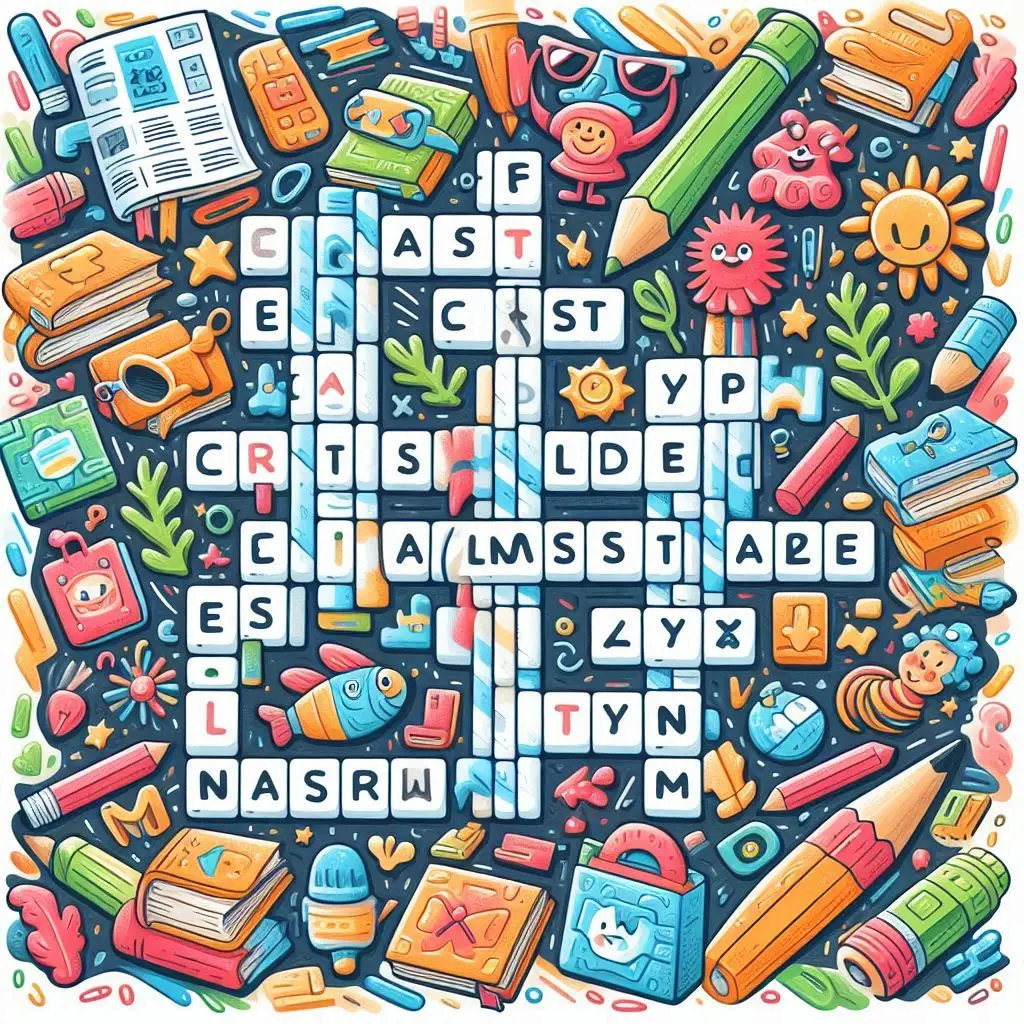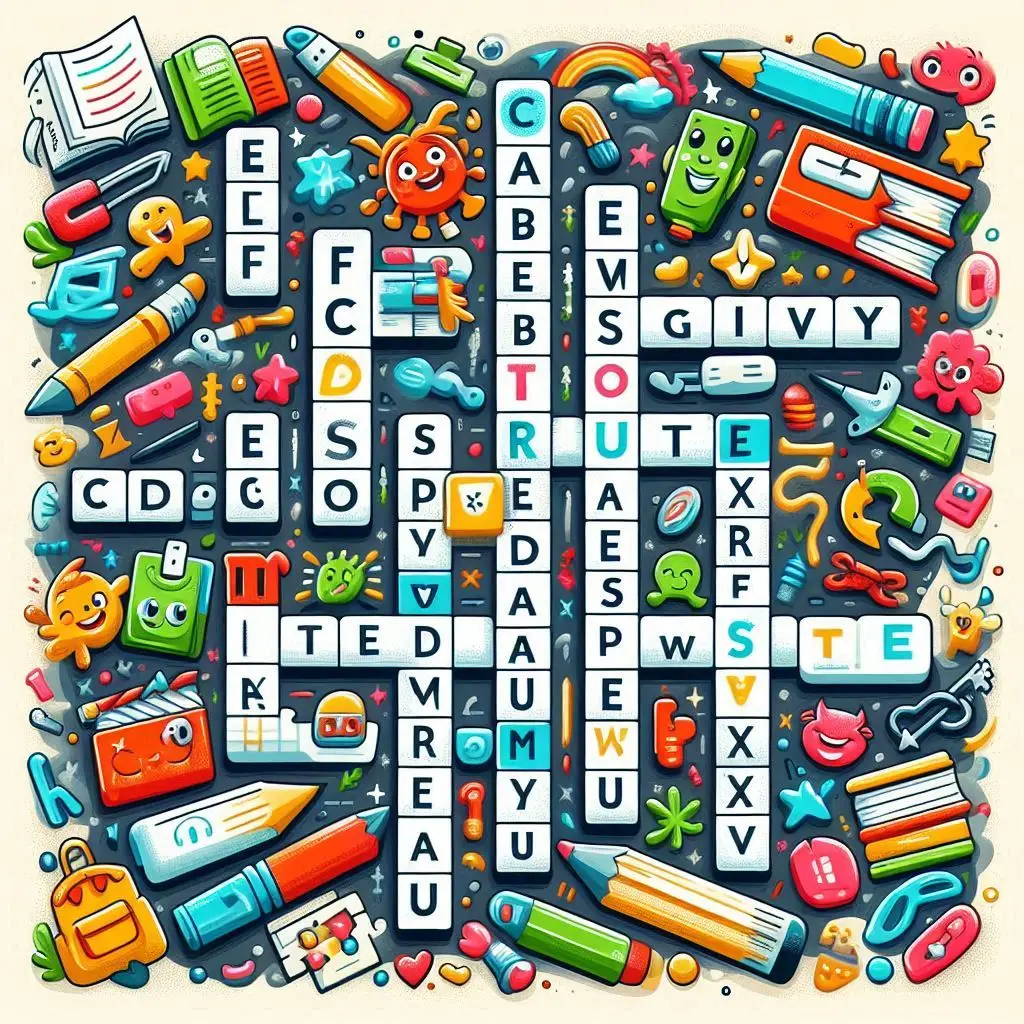Easy crossword puzzles are often considered entry-level brain games, yet beginners frequently encounter learning problems that make solving them frustrating. These challenges are usually less about the puzzle’s difficulty and more about how solvers approach clues, grids, and vocabulary. Understanding these obstacles can help learners develop strategies to overcome them and gain confidence. Here are four key learning problems commonly faced in easy crossword puzzles, along with practical solutions.

1. Limited Vocabulary Knowledge
One of the most common learning problems is a restricted vocabulary. Beginners may struggle to recall the right words, even if the clues seem simple. This can lead to guesswork or leaving squares blank.
Solution:
Start with themed easy crossword puzzles that focus on familiar topics such as animals, colors, numbers, or everyday objects. Gradually expand your vocabulary by noting new words and looking up their meanings.
Impact:
Improving vocabulary increases both solving speed and confidence. Over time, solvers develop a mental library of words, making previously challenging clues much easier to answer.
2. Difficulty Interpreting Clues
Even in easy crossword puzzles, some clues may be phrased in a way that confuses beginners. Misinterpreting a clue — for instance, taking a figurative hint literally — is a frequent stumbling block.
Solution:
Pay close attention to clue structure, punctuation, and context. Many beginner puzzles use straightforward, literal clues, so always consider the simplest meaning first. Practice recognizing common clue patterns, such as synonyms, abbreviations, or plural hints.

Impact:
Learning to interpret clues accurately reduces errors and frustration. With practice, solvers can anticipate the type of response a clue expects, enhancing both accuracy and efficiency.
3. Ignoring Letter Intersections
Beginners often overlook the benefits of intersecting words in easy crossword puzzles. Filling one word without considering how it affects crossing words can create conflicts later in the puzzle.
Solution:
Always cross-check answers with intersecting words before finalizing them. If unsure, leave the word blank and return once letters from other clues provide hints.
Impact:
Using intersections effectively reduces mistakes and makes solving more logical. Intersections act as built-in hints that support learning and reinforce pattern recognition, helping solvers see connections between words more clearly.
4. Impatience and Rushing Through the Grid
Many beginners approach easy crossword puzzles with the mindset of completing them quickly rather than thoughtfully. This impatience often leads to mistakes, skipped clues, or reliance on guesswork.
Solution:
Encourage a slow, deliberate approach. Focus on one section of the puzzle at a time, verify answers using intersections, and take short breaks if needed. Celebrate small achievements, like completing a row or a few clues correctly, to build confidence.
Impact:
A patient, methodical approach improves comprehension and reduces errors. By pacing themselves, learners gradually develop strategies for clue interpretation, vocabulary recall, and pattern recognition — essential skills for tackling more complex puzzles in the future.
Learning problems in easy crossword puzzles are less about the puzzles themselves and more about how beginners engage with them. Limited vocabulary, difficulty interpreting clues, ignoring intersections, and impatience are the main challenges that hinder progress. By building vocabulary, analyzing clues carefully, leveraging letter intersections, and practicing patience, solvers can overcome these obstacles.
Addressing these learning problems transforms easy crossword puzzles from frustrating exercises into effective tools for cognitive development. With consistent practice and strategic problem-solving, beginners can enhance their language skills, improve logical reasoning, and gain the confidence to move on to more challenging puzzles, all while enjoying the satisfying mental workout that crosswords provide.